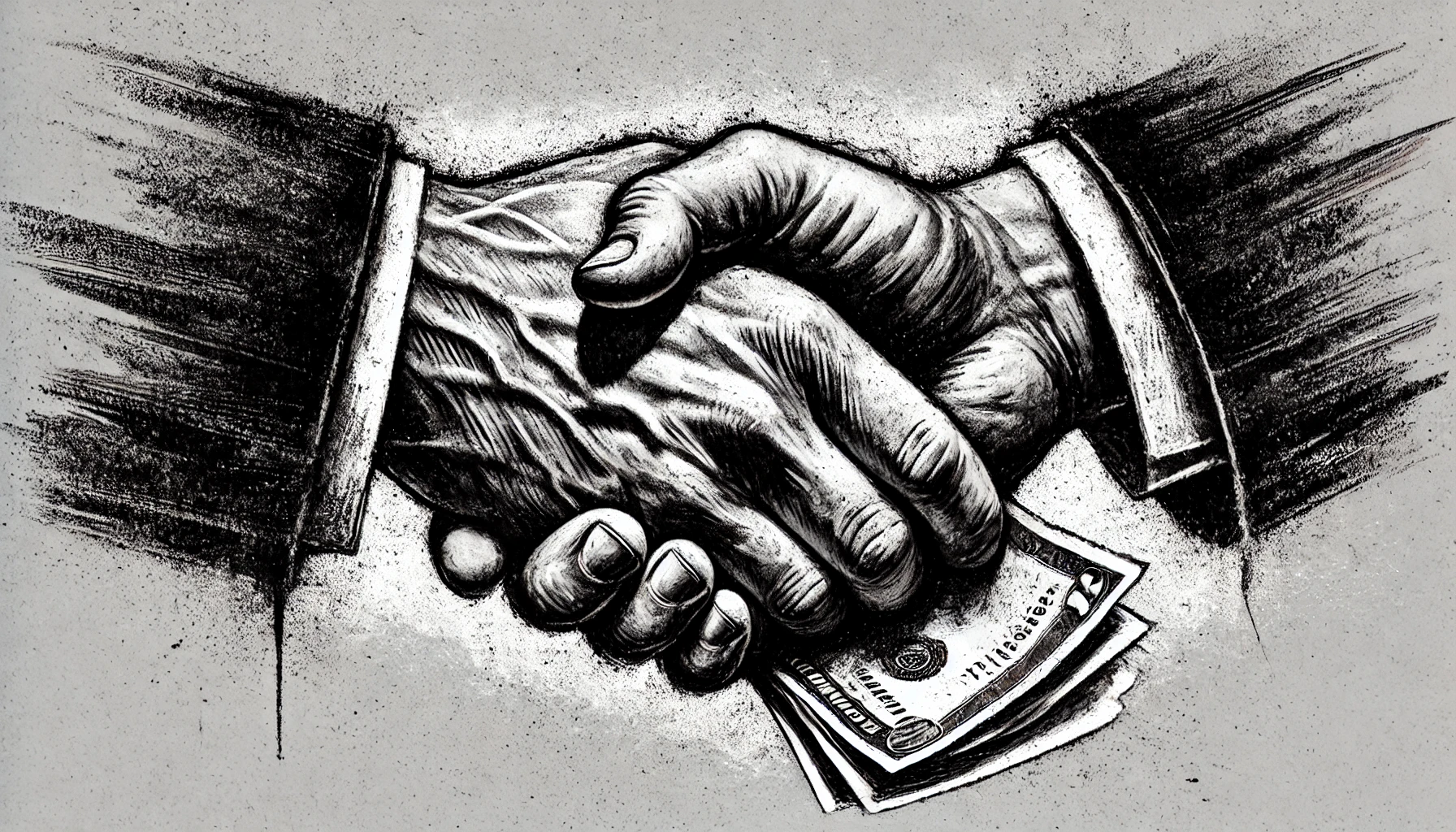Business
Transforming Business: Ethical Supply Chain

What is an Ethical Supply Chain?
An ethical supply chain refers to the set of practices, processes and standards that a company or organisation follows to ensure that the materials, products and services they procure, produce and distribute are obtained and made in a way that respects human rights, labour laws, and the environment.
This can include practices such as transparency, traceability, fair labour standards, sustainability and compliance with legal and regulatory requirements. Ethical supply chains promote responsible and sustainable business practices while minimising negative social and environmental impacts.
What is a Product Steward?
A product steward manages the entire life cycle of a product, from its design and development to its disposal.
Ensuring that the product is safe and compliant.
In this design and project management mode, products contribute to the circular economy. The life cycle is from design, sourcing, manufacturing, transportation, use and end-of-life management. The approach considers the impact on society, the economy and the environment.
How Does supplier management contribute to a circular economy?
Suppliers could be more than just the person who makes your final product. They could also be sourcing your raw materials.
These relationships affect your ability to develop market-leading products. Supplier management gives you an industry advantage.
Being able to communicate with your manufacturer is imperative.
A proactive supplier means they are engineering optimisations for your product and business. Supplier Management directly affects your ability to contribute to a circular economy.
Will contributing to a circular economy make me more money?
Creating a business with the circular economy engrained in its DNA will create a more significant market share. How ?
- Market Opportunities: Consumers and businesses increasingly demand sustainable and ethically sourced products.
- Brand Loyalty: Products that make your consumers feel better about their investment and impact.
- Cost Savings: Understanding every ingredient and wasting less means more savings.
- Risk Management: Identifying and managing potential environmental, health, and safety risks.
- Innovation: By thinking about the entire life cycle of a product, companies can identify opportunities for innovation and differentiation, such as developing new, more sustainable materials or designing more energy-efficient products.
- Compliance: Companies can avoid costly penalties and fines by complying with relevant laws and regulations.
What does Change management have to do with the circular economy?
Change implementation in any business will come with an investment. There will be teething issues that challenge the stakeholders. This is where designing an ethical company philosophy pays dividends. Developing changes from research is not always smooth sailing. This Management is what keeps companies as market leaders. When sailing, once you breach the storm, the wind is up, and the boat moves faster and in a collective direction. The team breathes and has a new lease on life.
We Assist Co, a team of Product Stewards, in the fight with you.
Promoting ethical supply chains and product stewardship is an investment in the future of our planet and society. It can benefit companies, including financial, reputational and legal advantages. Implementing these practices is vital to a more sustainable future for all.


